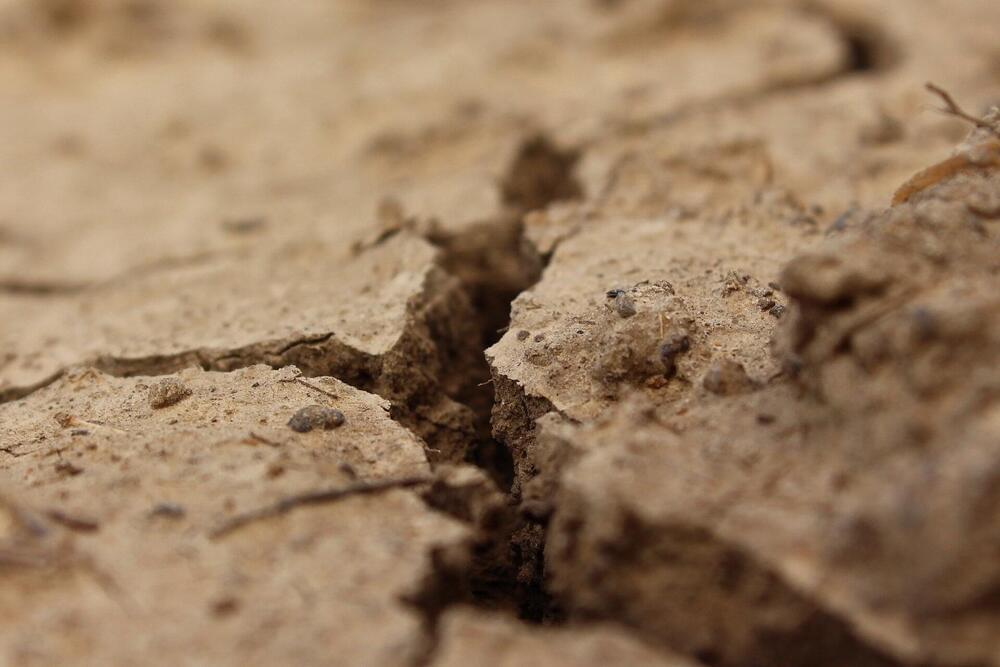Researchers from North Carolina State University have developed a wireless system that uses radio transmitters and receivers to estimate soil moisture in agricultural fields at multiple depths in real time, improving on existing technologies that can be used to inform irrigation practices that both improve crop yield and reduce water consumption.
“Estimating soil moisture is important because it can be used by growers to irrigate their fields more efficiently—only irrigating fields when and where the water is needed,” says Usman Mahmood Khan, first author of a paper on the work and a Ph.D. student at NC State. “This both conserves water resources and supports things like smart agriculture technologies, such as automated irrigation systems. What’s more, conserving water resources can also help reduce carbon emissions, because less energy is used to pump water through the irrigation system.”
The new technology, called Contactless Moisture Estimation (CoMEt), does not require any in-ground sensors. Instead, CoMEt assesses soil moisture using something called “phase,” which is a characteristic of radio waves that is affected by both the wavelength of the radio waves and the distance between the radio wave’s transmitter and the wave’s receiver.
